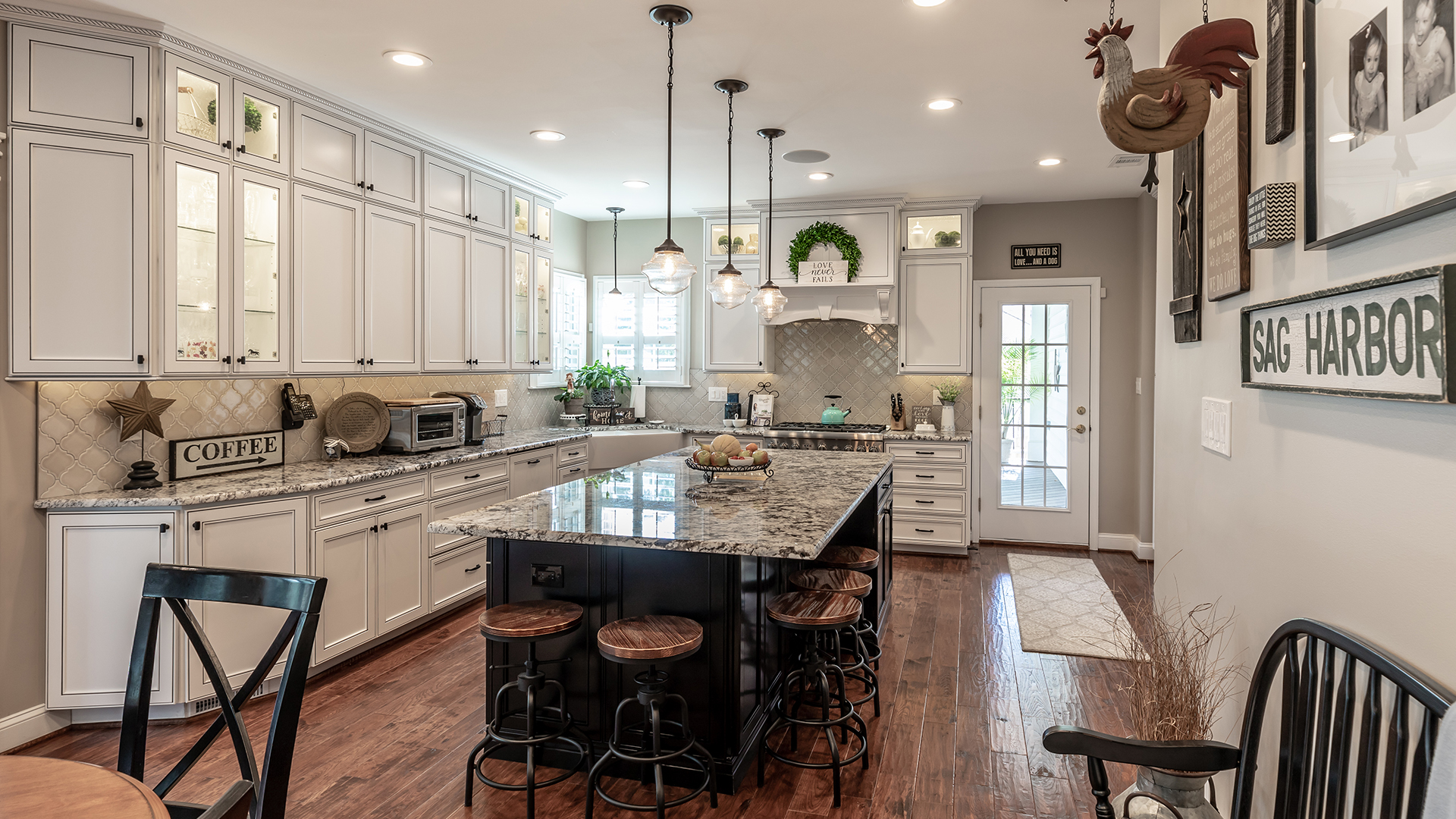Have you ever wondered what happens if you eat after going to the dentist? Many people are curious about this topic and want to know if it's safe to eat after a dental procedure. In this article, we will explore the effects of eating after a dentist visit and provide some helpful tips to ensure a smooth recovery.
After a dental procedure, you may experience some discomfort and pain. This can make it difficult to eat, especially if the procedure involved your mouth or jaw. It's important to be mindful of what you eat and avoid foods that can cause further irritation or damage. Additionally, certain medications prescribed by your dentist may have specific dietary restrictions that you need to follow.
So, what happens if you eat after a dentist visit? The answer depends on the type of procedure you had and your individual healing process. In general, it is recommended to wait until any numbness from anesthesia wears off before eating. This is to prevent accidentally biting your tongue, cheek, or lips, which can cause injury. It's also important to avoid foods that are hard, crunchy, or require excessive chewing, as they can potentially damage the treated area.
Personal Experience: Eating After a Dental Procedure
Recently, I had a dental filling done, and I was advised by my dentist to wait for a couple of hours before eating. After the numbness wore off, I decided to have a soft meal consisting of mashed potatoes and soup. I made sure to chew slowly and avoid putting pressure on the treated tooth. Thankfully, I didn't experience any pain or complications. However, it's important to note that everyone's experience may vary, and it's best to follow your dentist's specific instructions.
What Happens if You Eat After a Dental Procedure?
When you eat after a dental procedure, there are a few things that can happen. Firstly, you may experience discomfort or pain if you accidentally bite the treated area. This can cause irritation and delay the healing process. Secondly, certain foods can get stuck in the treated area or irritate the gums, leading to infection or inflammation. Lastly, some medications prescribed by your dentist may interact with certain foods, impacting their effectiveness or causing side effects.
The History and Myth of Eating After a Dentist Visit
Throughout history, there have been various myths and beliefs surrounding eating after a dentist visit. One common myth is that you should avoid eating anything for at least 24 hours to allow the treated area to heal. However, this is not true for most dental procedures. In fact, it is important to eat a balanced diet to support your body's healing process. Your dentist will provide specific instructions based on the type of procedure you had.
The Hidden Secret of Eating After a Dentist Visit
The hidden secret of eating after a dentist visit is to choose foods that are soft, easy to chew, and gentle on the treated area. This includes foods like mashed potatoes, yogurt, smoothies, and soups. It's also important to avoid foods that are too hot or too cold, as they can increase sensitivity in the treated area. Additionally, maintaining good oral hygiene by brushing gently and rinsing with a saltwater solution can help prevent infection and promote healing.
Recommendations for Eating After a Dentist Visit
Based on my personal experience and research, here are some recommendations for eating after a dentist visit:
- Wait until the numbness wears off before eating.
- Choose soft and easy-to-chew foods.
- Avoid foods that are hard, crunchy, or require excessive chewing.
- Follow any dietary restrictions given by your dentist or prescribed medications.
- Maintain good oral hygiene by brushing gently and rinsing with a saltwater solution.
Exploring the Effects of Eating After a Dental Procedure
Eating after a dental procedure can have various effects on your oral health and overall well-being. It is important to understand the potential risks and take necessary precautions to ensure a smooth recovery. By following your dentist's instructions and making mindful food choices, you can support the healing process and minimize any discomfort or complications.
Tips for a Smooth Recovery
Here are some tips to help you have a smooth recovery after eating after a dentist visit:
- Start with soft foods and gradually introduce solid foods as you feel comfortable.
- Avoid using straws, as the suction can dislodge blood clots and delay healing.
- Take small bites and chew slowly to prevent accidentally biting the treated area.
- Avoid sticky or chewy foods that can get stuck in the treated area.
- Stay hydrated and drink plenty of water to promote healing and prevent dry mouth.
Conclusion of Eating After a Dentist Visit
In conclusion, it is important to be mindful of what you eat after a dentist visit to ensure a smooth recovery. By following your dentist's instructions, choosing soft and easy-to-chew foods, and maintaining good oral hygiene, you can support the healing process and minimize any discomfort or complications. Remember to listen to your body and consult your dentist if you have any concerns or questions.
Now that you have a better understanding of what happens if you eat after a dentist visit, you can make informed decisions and take the necessary steps for a successful recovery.

No comments:
Post a Comment